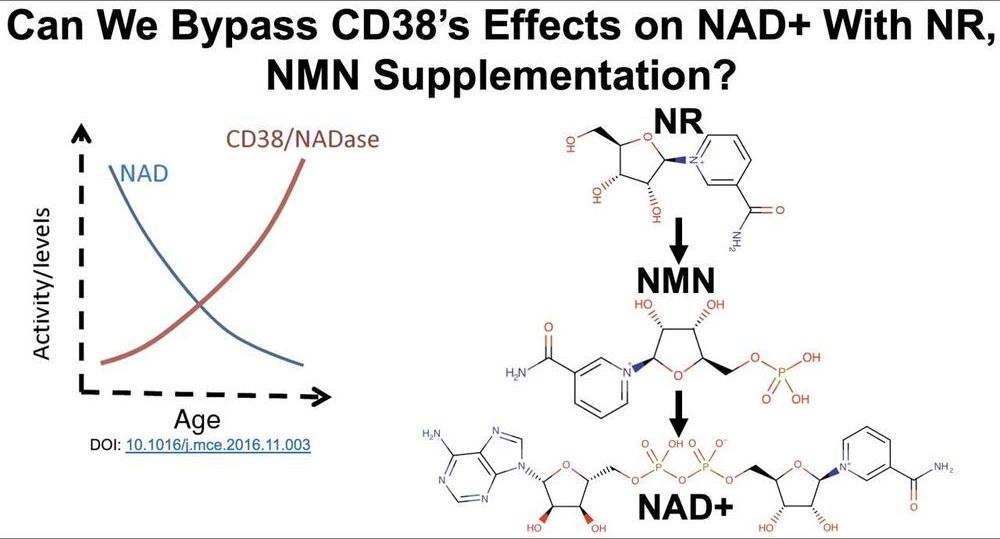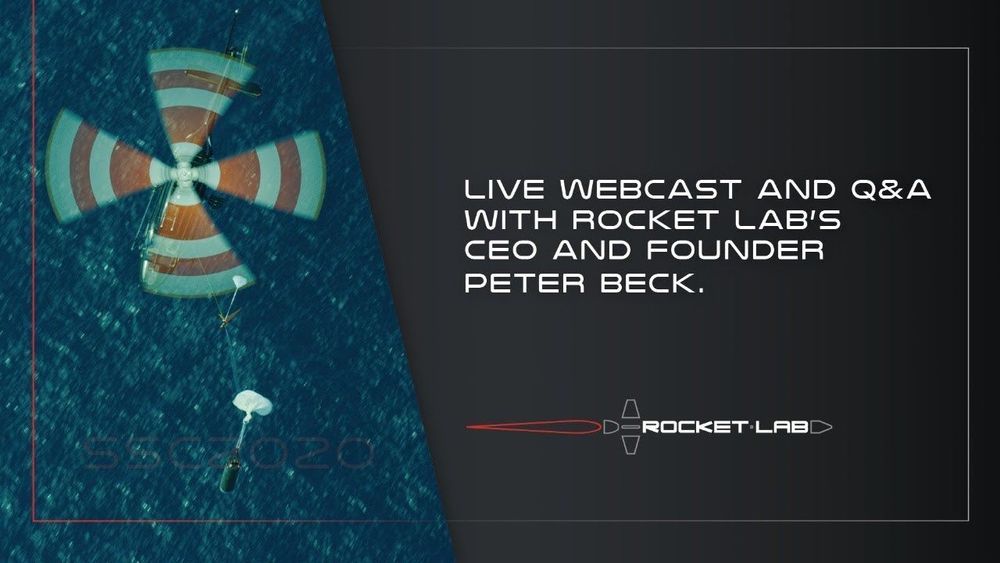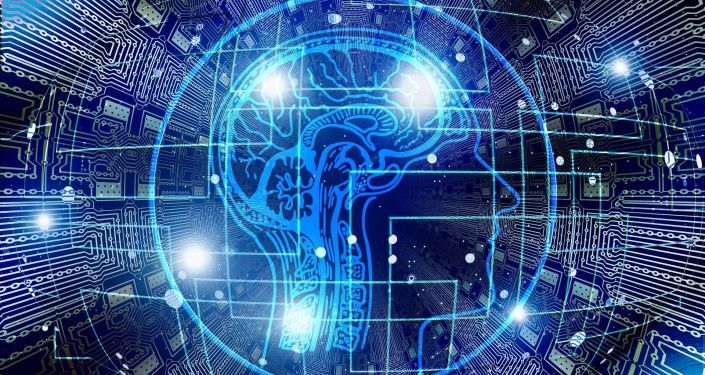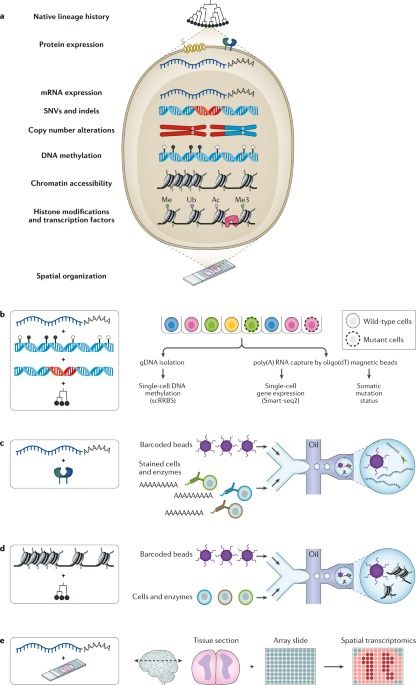Page 7221
Aug 18, 2020
Using personal frequency to control brain activity
Posted by Nicholi Avery in categories: biotech/medical, neuroscience
Individual frequency can be used to specifically influence certain areas of the brain and thus the abilities processed in them — solely by electrical stimulation on the scalp, without any surgical intervention. Scientists at the Max Planck Institute for Human Cognitive and Brain Sciences have now demonstrated this for the first time.
Stroke, Parkinson’s disease and depression — these medical illnesses have one thing in common: they are caused by changes in brain functions. For a long time, research has therefore been conducted into ways of influencing individual brain functions without surgery in order to compensate for these conditions.
Scientists at the Max Planck Institute for Human Cognitive and Brain Sciences in Leipzig have taken a decisive step. They have succeeded in precisely influencing the functioning of a single area of the brain. For a few minutes, they inhibited exactly the area that processes the sense of touch by specifically intervening in its rhythm. As a result, the area that was less networked with other brain regions, its so-called functional connectivity, decreased, and thus also the exchange of information with other brain networks.
Aug 18, 2020
CD38 gets in the way of NR and NMN for increasing NAD+
Posted by Mike Lustgarten in category: life extension

NR and NMN are popular ways to try to boost levels of NAD+, but that approach hasn’t worked every time in human studies. One reason for that may involve CD38, which degrades both NR and NMN. With the goal of boosting NAD+ levels during aging, why does CD38 increase with age, and what can be done about it? All that and more in this video!
Aug 18, 2020
Elon Musk Gains $8 Billion to Become World’s Fourth-Richest Person
Posted by Kelvin Dafiaghor in categories: Elon Musk, finance
Aug 17, 2020
NASA Perseveres Through Pandemic, Looks Ahead in 2020, 2021
Posted by Alberto Lao in category: biotech/medical
Could 2021 be NASA’s biggest year yet?
With 2020 more than half way through, NASA is gearing up for a busy rest of the year and 2021.
Continue reading “NASA Perseveres Through Pandemic, Looks Ahead in 2020, 2021” »
Aug 17, 2020
New ‘PEDOT’ Polymer May Allow Human Brain to Merge With AI, Cure and Detect Diseases, Scientists Say
Posted by James Hampton in categories: biotech/medical, chemistry, robotics/AI
The discovery has led to a new polymer that allows humans to integrate electronics into the brain after challenges with substances such as gold, steel and silicon resulted in scarring of organic tissue.
A major breakthrough in materials research may allow the human brain to link with artificial intelligence, it was announced at an American Chemical Society Fall 2020 event on Monday.
Scarring due to previously used materials can block electrical signals transmitted from computers to the brain, but University of Delaware researchers developed new types of polymers aimed at overcoming the risks.
Aug 17, 2020
How Scientists Influenced Monkeys’ Decisions Using Ultrasound in Their Brains
Posted by Shailesh Prasad in categories: biotech/medical, neuroscience
A Sound Treatment
Ultrasound is an oddball in the neuromodulation world. Similar to its better-known siblings, such as transcranial direct current stimulation (tDSC) or transcranial magnetic stimulation (TMS), ultrasound changes how neurons fire, which in turn changes their computational output—what we observe as learning, memory, and other behaviors. This idea, dubbed neuromodulation, has taken the neurological world by storm for its near “magical” efficacy for treating people with depression who don’t respond to antidepressants, or people with Parkinson’s disease whose movement patterns are severely disrupted.
Compared to first-generation neuromodulation, where the brain-tweaking gadget is surgically implanted into the brain, ultrasound offers a way to “hack” neural firings from the outside. In a way, the technology uses sound waves to mechanically “shake” the neurons in a circuit back into sequence, so they function in sync as needed and control subsequent outputs like learning, thinking, memory, and decision-making.
Aug 17, 2020
Rocket Lab aims to launch private Venus mission in 2023
Posted by Alberto Lao in category: space travel

Rocket Lab, which gives small spacecraft dedicated rides to Earth orbit, plans to go interplanetary soon with an astrobiology mission to the second rock from the sun.
Aug 17, 2020
Scientists determine ‘Oumuamua isn’t made from molecular hydrogen ice after all
Posted by Genevieve Klien in category: futurism
The debate over the origins and molecular structure of ‘Oumuamua continued today with an announcement in The Astrophysical Journal Letters that despite earlier promising claims, the interstellar object is not made of molecular hydrogen ice after all.
Aug 17, 2020
Integrating genetic and non-genetic determinants of cancer evolution by single-cell multi-omics
Posted by Genevieve Klien in categories: biotech/medical, evolution, genetics
Both genetic and non-genetic factors underlie the intratumoural heterogeneity that fuels cancer evolution. This Review discusses the application of single-cell multi-omics technologies to the study of cancer evolution, which capture and integrate the different layers of heritable information and reveal their complex interplay.

















